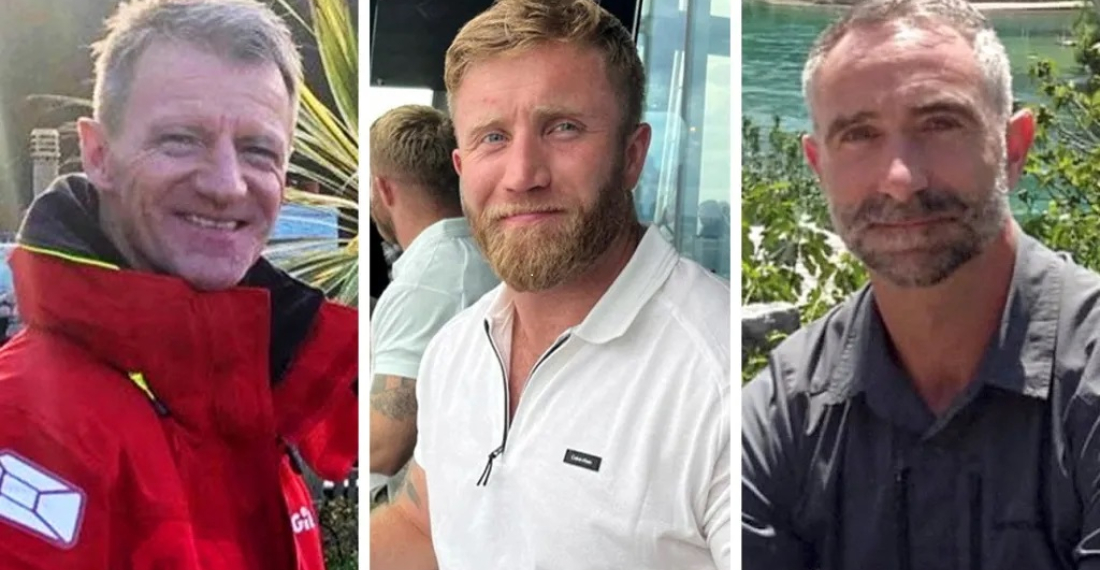There has been widespread international condemnation after an Israeli attack killed seven humanitarian workers in Gaza.
Three British citizens, John Chapman, 57, James Henderson, 33, and James Kirby, 47, were among the seven World Central Kitchen (WCK) workers killed in Monday's strike. As well as the three Britons, Australian national Lalzawmi Frankcom, Polish national Damian Sobol, Palestinian Saifeddin Issam Ayad Abutahas and US-Canadian citizen Jacob Flickinger, were also killed.
Humanitarian aid to Gaza has been plunged into doubt after WCK, a key provider of aid to the Strip, suspended its operations in the region.
The British nationals, all part of WCK's security team, were travelling with a convoy that had just unloaded more than 100 tonnes of much-needed food aid brought from overseas, according to the charity.
All three vehicles in the convoy were hit by an Israeli air strike while leaving a warehouse in Deir al-Balah, south of Gaza City.
The strike has received international condemnation, with the UK summoning the Israeli ambassador over the deaths - the first time this has happened in 12 years.
Prime Minister Mr Sunak demanded an investigation in a call with Israel's PM Benjamin Netanyahu.
Mr Sunak said on the call that "far too many aid workers and ordinary civilians have lost their lives in Gaza" and that the situation is "increasingly intolerable".
The scale of the attack prompted former national security adviser Lord Peter Ricketts to tell the BBC that the UK should stop selling arms to Israel. "I think the time has come to send that signal," he said.
"I think there's abundant evidence now that Israel hasn't been taking enough care to fulfil its obligations on the safety of civilians."
Lord Ricketts said halting arms sales would send a "powerful political message" that might spark debate about the US following suit, which would be "the real game changer".
US President Joe Biden said he was "outraged and heartbroken" by the WCK workers' deaths.
He said Israel had "not done enough to protect civilians" in an emphatic shift from his previous call that Israel "must do more" to protect the lives of aid workers in Gaza.







